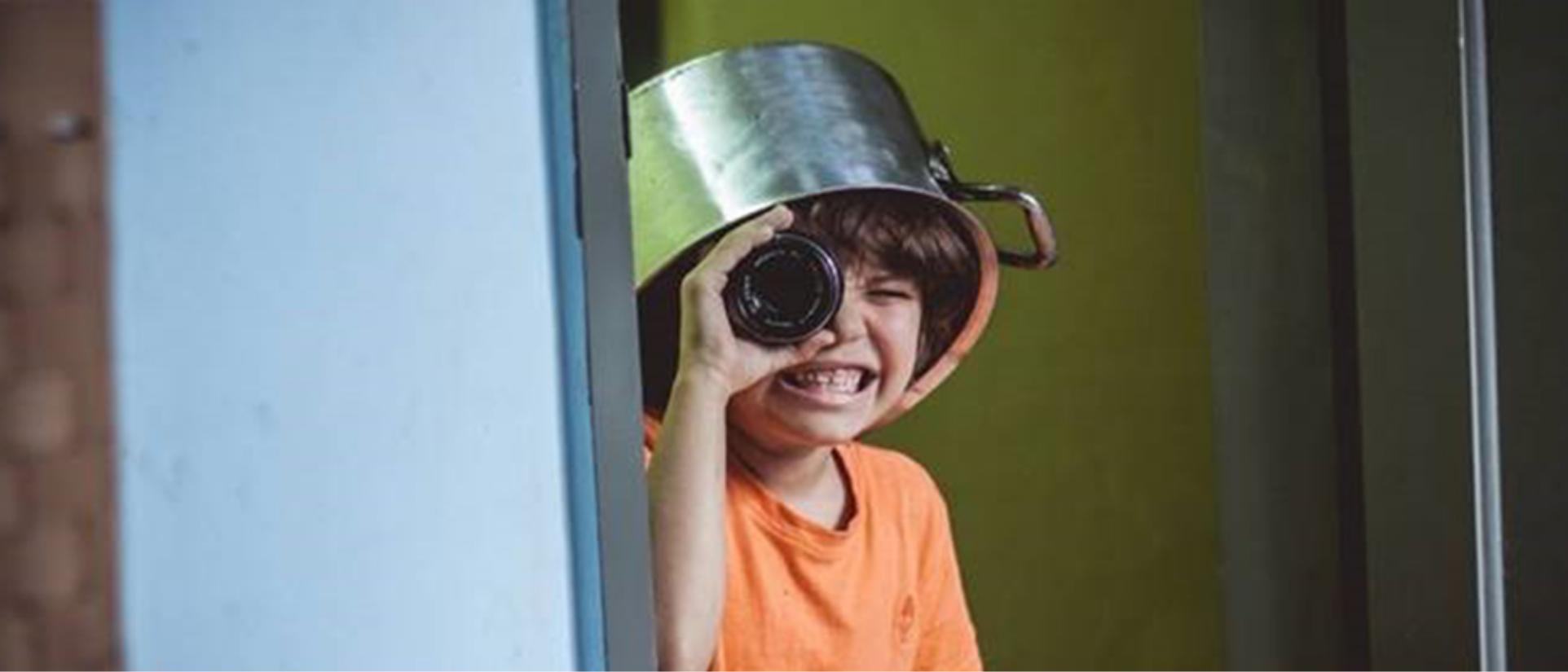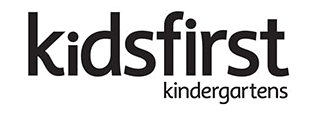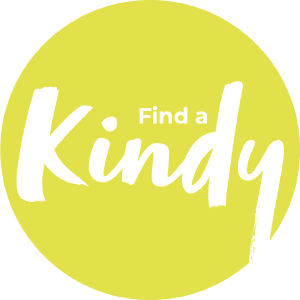
Learning through play at home
You’ll hear a lot about play-based learning now that you’re part of the Kidsfirst whānau.
It’s an approach that has gained a lot of attention in education and parenting circles in recent years, but has been the foundation of the kindergarten philosophy since it started in Europe in the mid 1850’s.
Primary schools are now recognising the value of children learning at their own pace, through their own interests, and using play experiences, rather than traditional classroom instruction. It’s likely that the new entrant class your child transitions to will employ at least some of the tenets of play-based learning, with many adopting the philosophy extensively.
Teachers have a big role in play based learning, but in quite different ways to the traditional approaches many of us grew up with. Rather than sitting children down to learn letters and numbers, play-based teachers look for the natural opportunities that arise to practice counting or letter recognition when tamariki are left to explore their environment and ideas in their own ways. The focus is also much broader than simply imparting information: children learn vital life and relationship skills as they play with others - things they will need for the rest of their lives.
Our teaching teams are trained in play-based learning, and it’s second nature for them to pick up on a child’s curiosity and interest, and gently encourage them to explore and discover more.
As your child’s first teachers, though, you and your whānau or caregivers have a key role to play. Chances are, you’re already helping them to develop through play-based learning without even knowing it.
But if you’d like to consciously put the principles into action at home, there’s a lot you can do:
- Slow down to their pace - one of the most common questions our teachers are asked is ‘how can you be so patient?’ Teachers know that allowing children to work with their own interests and in their own time is fundamental to them getting as many opportunities as possible to explore, learn, discover and understand. Anyone who has tried to rush a three year old knows how badly things can backfire. It takes a really conscious effort to slow things down to their speed, but it makes all the difference to their learning.
- Ask lots of questions - once an area of genuine interest is sparked, tamariki will naturally want to think about things further, ask questions of their own and be open to new thoughts and ideas.
- Get outside - there are so many things to explore in nature, but many more benefits including enhanced creativity, lower stress levels, interaction with others and all the good stuff that physical activity brings.
- Make more time to do things together - one of the most effective ways to do this is to limit TV, phone, gaming console and ipad use. Anything involving screens is usually less physical and very passive. They’re also often solitary activities, providing limited time for play-based curiosity to emerge, and for you to support your child’s next discovery about the world. Make sure they get time to play alone and just for fun, too. Children still need space and time to be with their own thoughts and feelings to recharge, learn to self-regulate and relax.
- Give them lots of opportunities to play with others - up until the age of about two, children don’t have the social and cognitive skills to do the listening, cooperating, taking turns and sharing that is at the basis of play with others. Up until then it’s ‘parallel play’ - sitting side by side with another toddler, each engaged with their own toys. From about two onwards, they’ll gravitate towards shared activities, which is what makes this such a great age to start kindergarten. There’s a world of social learning going on in group play, with children building valuable skills around negotiation, sharing, the development of empathy, patience, tolerance and more.
- Get them involved in day to day life - there are many reasons that you’ll see lots of cooking and gardening going on in our kindergartens. Children love being involved in creating or enhancing something, these kinds of activities encourage cooperation and patience, they reinforce connection to nature, and there are so many opportunities to introduce new words and mathematical and scientific concepts in a fun, relevant way. Once again, patience is the key ingredient - things will be slower, messier, and the outcome not quite what you could have produced on your own, but the contribution to children’s development and learning makes it all worthwhile.
Learn more
“Learning through Play – What's It All about?” Learning through Play – What's It All about? / NZC Online Blog / Curriculum Resources / Kia Ora - NZ Curriculum Online.
Gray, Tonia, and Tonia Gray. “Being in Nature Is Good for Learning, Here's How to Get Kids off Screens and Outside.” The Conversation, 10 May 2019.
Join our whānau





